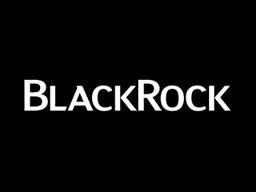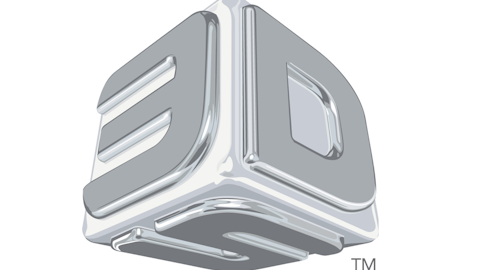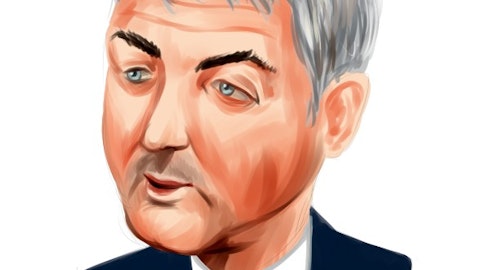
BlackRock, Inc.( NYSE:BLK)
The multitrillion-dollar exchange-traded fund (ETF) market has brokerage firms fighting tooth and nail for your business. Just last week, Fidelity and BlackRock, Inc. (NYSE:BLK) expanded their partnership, which will provide even more ETF offerings. Let’s briefly review the deal and then look at what it means for investors.
Partnership details
The deal effectively extends a three-year-old contact between Fidelity and BlackRock, Inc.( NYSE:BLK) that was due to expire. The partnership will give Fidelity customers increased and broader access to BlackRock’s passively managed and extremely popular iShares (NYSEMKT:EFA) ETFs.
Known for its active management prowess, Fidelity has faced criticism for not diving into the passive ETF market. But being a huge financial services provider with access to millions of individuals and institutions puts Fidelity in an advantageous position. According to BlackRock, Inc.( NYSE:BLK), the company sees this expanded deal as creating an “ETF manufacturing and distribution powerhouse.” It also seals the likelihood of a long-term strategic alliance with broader implications for the active ETF, retirement, and managed accounts markets in the future. But let’s not get ahead of ourselves.
So what does the deal mean for ETF investors today?
1. More choices
Fidelity’s fund extension announcement comes nearly one month after Charles Schwab Corp (NYSE:SCHW) unveiled its new ETF OneSource program, which offers 105 commission-free ETFs. Fidelity will more than double its current lineup of commission-free ETFs, offering 65 funds including all 10 iShares Core ETFs.
But Fidelity’s expanded offerings are still fewer in number than most competitors’. TD Ameritrade Holding Corp. (NYSE:AMTD) and E TRADE Financial Corporation (NASDAQ:ETFC) each present more than 100 and 80 commission-free ETFs, respectively. Researched and hand-selected by Morningstar, most of TD Ameritrade’s offerings are iShares, Vanguard, or State Street Corporation (NYSE:STT)‘s SPDR ETFs. Meanwhile, most of E*TRADE’s lineup is managed by Deutsche Bank AG (USA) (NYSE:DB) and Wisdom Tree.
Even though Fidelity offers fewer ETFs in its program versus its rivals, iShares still dominate the market. According to The Wall Street Journal’s MarketWatch, the 65 iShares ETFs in Fidelity’s program hold an impressive 18% of all assets in ETFs. By comparison, Schwab’s OneSource ETFs hold less than 4% of all ETF assets.
Without a doubt, an increased number of ETF choices give investors more opportunities and latitude when crafting their portfolios. But extra choices come at a cost. When we’re faced with an abundance of options, we sometimes have a tendency to feel overwhelmed, which can lead to indecision.

